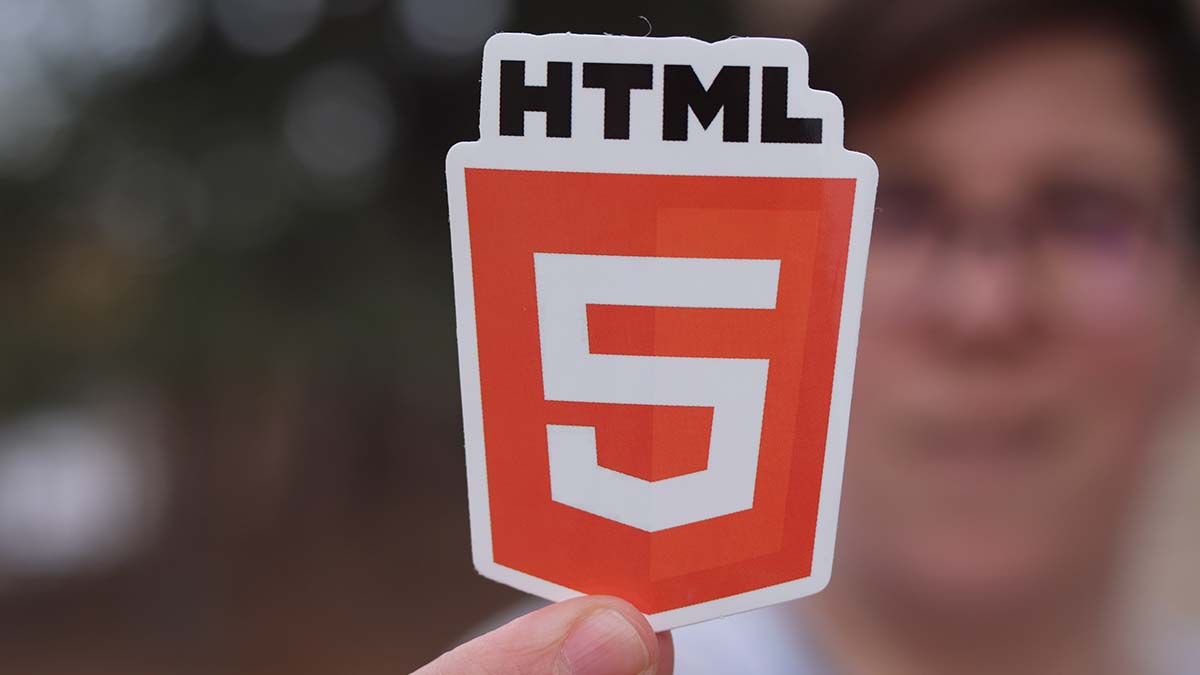It’s easy to take our technology for granted when we don’t understand the role each code, page, or application play in the overall system.
A great example of this is HTML5, a name that many may recognize, but they can’t provide an explanation of what it is, what it does, and how it benefits us.
In this article, we will explore these things by providing real-life examples of how HTML5 has improved experiences like video streaming and gaming. We will also look at the technology’s counterpart, native apps.
What Is HTML5?
HTML stands for Hypertext Markup Language, the standard markup language for web browser documents. HTML5 is the fifth HTML version, first released in 2008 and updated with a W3C Recommendation status in 2014. HTML5 is open source and used to create applications and pages on the Internet.
Benefits of HTML5
There are many advantages of HTML5, including offering cross-platform support. HTML5 works across several platforms, from your iPad, iPhone or Android to your Smart TV, and it has improved local storage. HTML5’s local storage feature is a crossover between client-side databases and regular cookies and it enables storage across several windows. Another benefit of HTML5 is that the technology eliminates the need for third-party players like Flash to access audio and video on browsers.
In particular, HTML5’s support for audio and video has significantly improved video streaming. These improvements helped the value of the global online video platform industry reach $6 billion in 2020. According to Grand View Research, this figure is projected to increase as the industry grows by 18% between the forecast period, 2021-2028. HTML5 video players are behind this projected growth since most online video platforms have HTML5 video players, and HTML5 video streaming has many benefits. For instance, HTML5 video streaming is compatible with mobile streaming, and it is also customizable.
The introduction of HTML5 has also benefited both the traditional video game market and iGaming, otherwise known as the online gambling industry. With both video games and online casino games, HTML5 has improved mobile game development by providing users, smartphone manufacturers, and casino operators with a one-size-fits-all solution. For instance, since HTML5 works across different platforms, mobile game developers only have to develop their app once to be included on all browsers.

HTML5 vs. Native Apps
Even though developers enjoy using HTML5 for web development, other options can counter some of the code’s shortcomings. These shortcomings include weaker user interfaces (UIs) compared to native apps. For those who don’t know, TechTarget describes a native app as a software program that developers create for use on a specific device or platform and can be installed through app stores.
Native apps have many advantages over HTML5 apps. They use less data on a device and run smoother and faster, improving the overall user experience. Native apps also have better distribution, and since they are associated with app stores, native apps can take advantage of a store like Google Play’s built-in monetization features. That said, native apps have drawbacks too. For instance, app stores may have high fees that could affect a company’s profit margins.
Real-Life Examples
Still, the benefits of HTML5 and native apps outweigh their shortcomings. That is why many industries have adopted at least one of the technologies. For example, the publishing industry has favored web-based HTML5 apps since publishing apps don’t require as much native integration. Most publishing apps require a simple user interface with menus and text. A great example is The Financial Times, which acquired one million unique users within six months of launching its web-based HTML5 app.
However, some apps do require more native integration, such as gaming apps. While you can find iGaming companies using HTML5 apps, many agree it is quicker and easier to place wagers through native betting apps. That is especially the case in the sports betting market since, according to this review site exploring the best betting apps in Australia, native apps enable push notifications. These instant real-time notifications can alert gamblers if they have the winning bet and when games are about to start. Sports betting is all about live events, and with push notifications, players will never have to worry about missing a crucial moment.
HTML5 is the final major HTML version to be released. The technology has several benefits and has aided the recent success of industries like online video streaming and iGaming.


